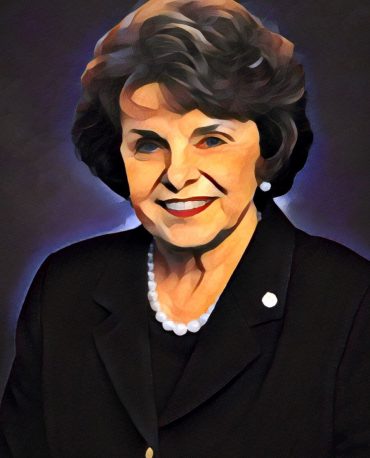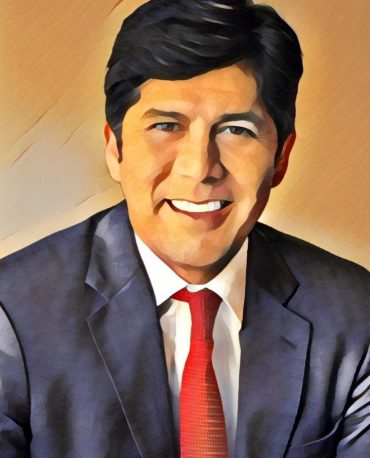

U.S. Senate
Job Description
Potential applicants for this post typically exhibit a passion for voting on federal legislation, confirming or rejecting the president’s job appointees, and occasionally giving really, really, long speeches. Despite California’s huge population, H.R. regulations (i.e. the U.S. Constitution) limit us to hiring just one U.S. Senator at this time (yes, the same as Delaware) The successful applicant will represent the state in Washington D.C. for six years alongside the state’s new hire, Democratic Sen. Kamala Harris.
About the U.S. Senate: Sometimes called the “cooling saucer of American Democracy,” this is where federal legislation gets its most thorough once-over. Senate procedures give individual senators plenty of opportunity to grind the legislative process to a halt and most meaningful bills will require the support of 60 of your 100 colleagues. In other words, the Senate puts the “deliberative” in “world’s greatest deliberative body.”
Qualifications
As a U.S. Senator, you will be expected to:
- Attend floor sessions and vote on legislation
- Occasionally write legislation yourself—though your ability to do so will depend on who you are and which committees you sit on
- Approve or reject presidential appointees for positions in the cabinet, the judiciary, and the foreign service
- Approve or reject treaties
- Represent the interests of some 20 million people, while your esteemed colleagues from Wyoming and Vermont represent one-hundredth that amount
Note to all applicants not named Dianne Feinstein: while job experience is not a formal requirement for this position, please know that you will be competing for the position with the second longest serving senator in state history.
Hiring Update
Veteran Democratic Sen. Dianne Feinstein is once again seeking to renew her position as U.S. Senator for another six years. That news, which Feinstein waited to announce until last October, came as a disappointment to many would-be applicants, who had hoped for an open seat after 26 years.
Still, Feinstein’s incumbent’s advantage hasn’t discouraged Democratic state Sen. Kevin de León of Los Angeles, her challenger in the November election, from mounting a campaign to replace her. Fresh from his stint as the most powerful lawmaker in the California Senate, de León says California could use new, more progressive representation in Washington D.C. But as one of the most well-known political names in California, Feinstein’s sits at the top for now.









